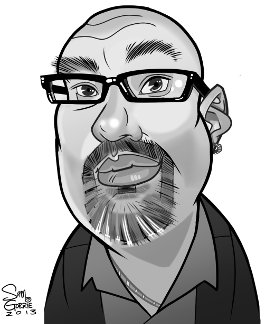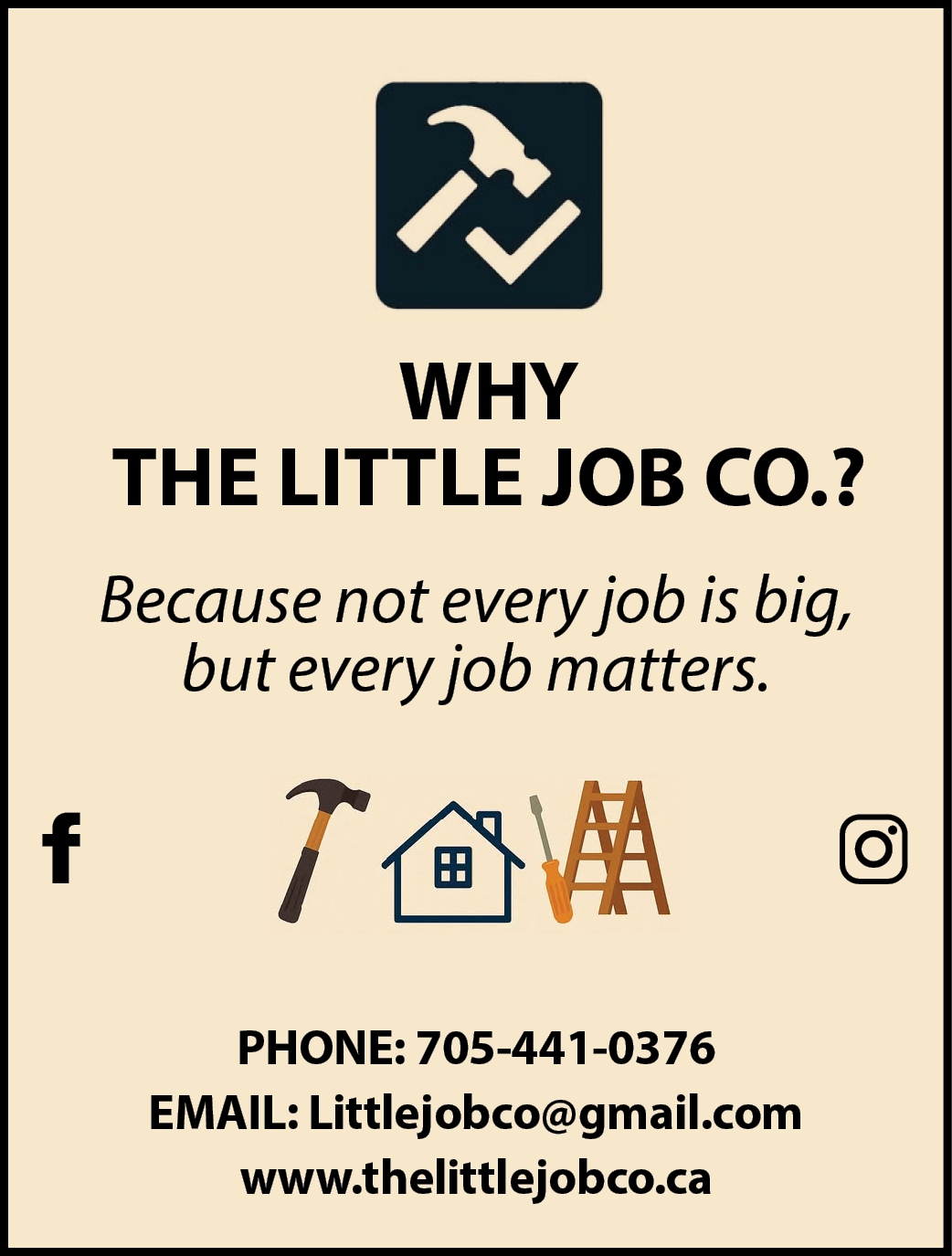Stephen Vance, Editor
 It seems my editorial last week got some folks out of sorts – at least that’s what I gather from some of the comments I saw on social media websites over the weekend.
It seems my editorial last week got some folks out of sorts – at least that’s what I gather from some of the comments I saw on social media websites over the weekend.
Now, I don’t mind being called an idiot, I’m not overly bothered by being called a bleeding-heart socialist, as one Twitterer (is that what they are?) referred to me, and I don’t get overly offended at having my words referred to as ‘psycho-babble’, but I am concerned that some seemed to think that my suggesting that perhaps increases in certain types of crime might be the result of the increased difficulty in earning a living wage, was somehow condoning crime, or making excuses for criminals. It wasn’t, and I specifically said so in that editorial.
I was actually a little surprised at the reaction, as I didn’t think I had written anything revolutionary; I was merely asking some questions that focused on a known cause and effect – economic realities have an impact on crime rates.
Don’t get me wrong, the Facebook and Twitter-spheres aside, I did hear from others who agreed with what I had written, including an email from a York University professor who simply thanked me for the editorial and provided some links to articles and studies related to not just how economic issues impact crime rates, but also how they effect our very health and wellness.
One of the documents he sent was a British study published in 2013 entitled Income Inequality and Crime: A Review and Explanation of the Time–Series Evidence, which concluded that, “Despite much debate in the literature on the mechanism which links income inequality and crime, this review clearly illustrates that a decrease in income inequality is associated with sizeable reduction in crime. It is evident that a focus on reducing income inequality can be advantageous to reducing property crime, robbery, homicide and murder, and hence a policy implication of this review may be that income inequality should be considered when designing crime reduction strategies.”
And that’s basically what I was asking in my editorial – have the economic realities on the lower end of the scale in small towns like Meaford become so harsh that we are beginning to see an increase in things like property crime and domestic disturbances? And if so, how might that be fixed? And yes, a potential fix would be for upper levels of government to begin implementing living wage policies, and even throwing some real funding toward tackling our growing infrastructure issues, which would put people to work at some quality jobs with decent wages.
If that makes me a bleeding-heart socialist, then so be it.
An article in American business publication Bloomberg (as far as I know Bloomberg is not a bleeding-heart socialist publication), also published in 2013, entitled Want to Fight Crime? Address Economic Inequality offers some things to consider when discussing crime rates, including:
-
“Equally decisive in determining crime rates are the more invisible barriers to crime set up by social norms and social cohesion. Indeed, one of the most robust statistical patterns known is that crime rates tend to go up with rising economic inequality, which itself tends to go along with erosion of social trust.”
-
“In a brilliant 2009 book titled “The Spirit Level”, researchers Richard Wilkinson and Kate Pickett reviewed hundreds of earlier studies and presented overwhelming evidence that economic inequality correlates directly with levels of crime and many other measures of social dysfunction. Nations with lower inequality have higher life expectancies, fewer homicides, lower infant mortality, higher levels of trust, and less obesity and addiction.”
-
“It’s probably no accident that the U.S., ranked among the most unequal nations, also has the largest fraction of its population in prison — five times as large as that of any other industrialized nation (excluding Russia).”
-
“The socially destructive consequences of inequality will become increasingly obvious unless we reduce it.”
Again, I’m not, and wasn’t, condoning crime, or making excuses for criminals, I was merely asking if it is worth exploring whether we are seeing the beginnings of a larger issue when we see increases in certain types of crime, and if so, then when better to explore potential solutions than, well, before it gets worse. Visit any high crime community, and it’s bound to be a poor community, and they don’t get that way overnight, it happens gradually in plain sight, but often ignored or misunderstood until it’s too late.










